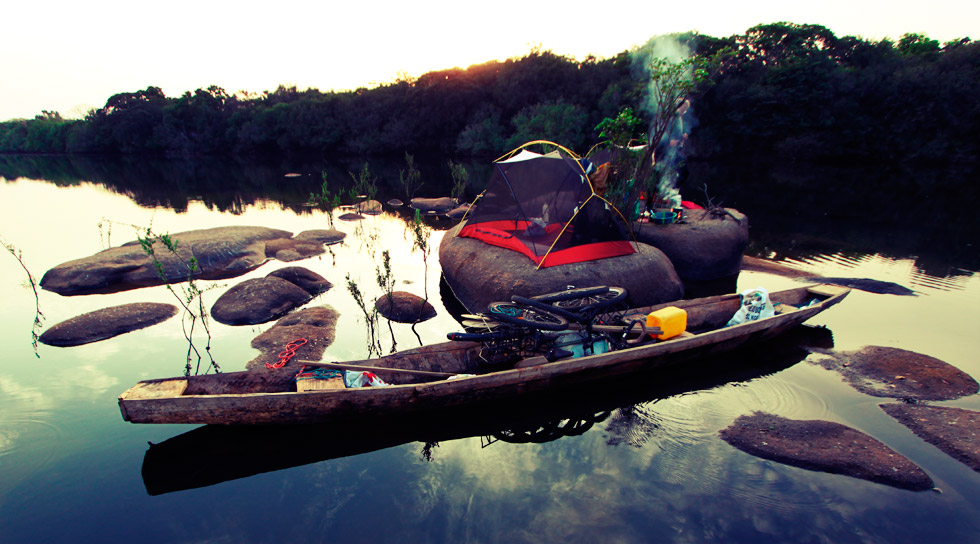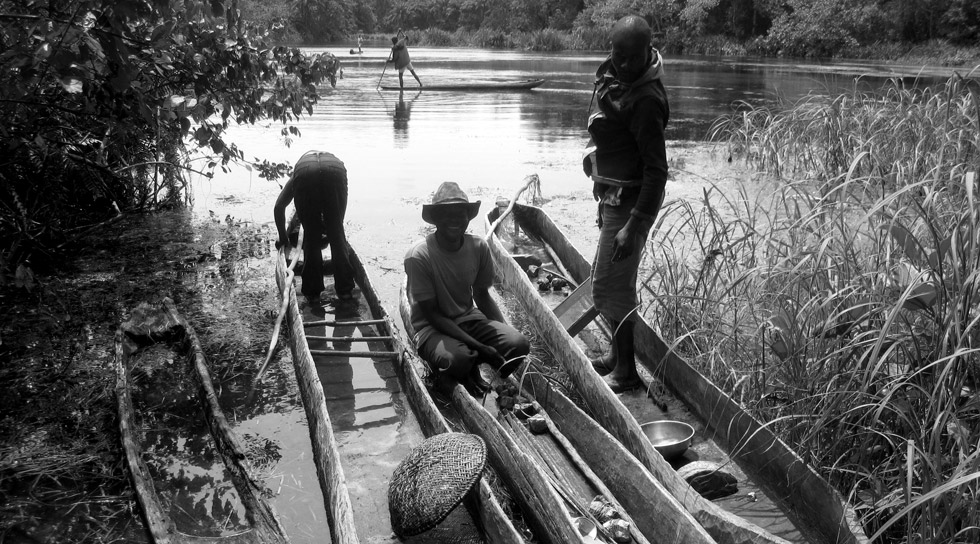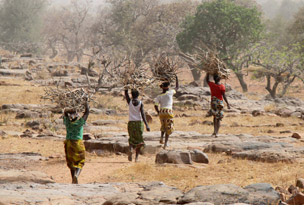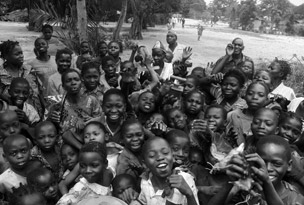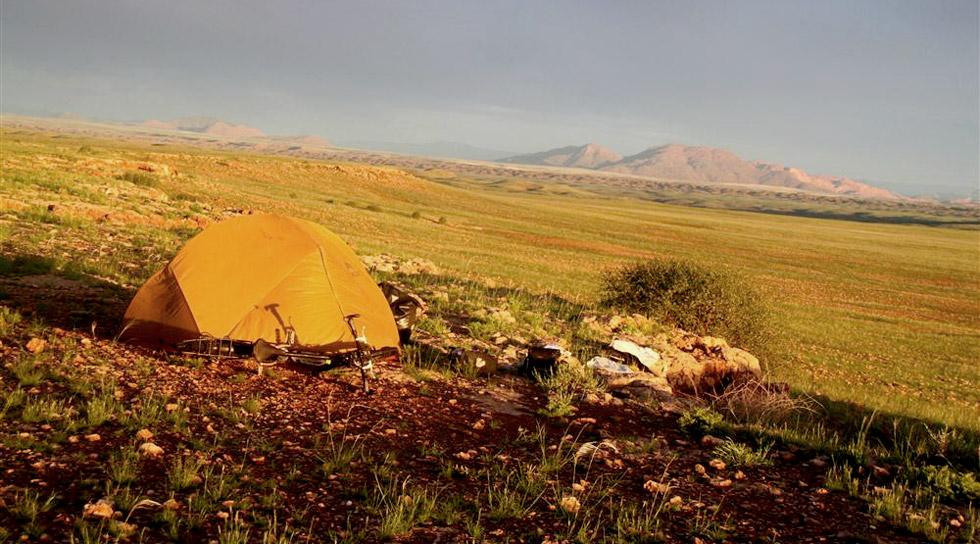On the 20th July 2009 I wheeled my fully-loaded bike off the ferry in St. Malo, France, not knowing where I was going to sleep that night, except that it would be in a tent; and not knowing which way to go, except if I headed south I couldn't go far wrong. I didn't even have a map. Well, that's not true exactly - I had three maps covering the whole of Africa (my final destination 25 000kms and 24 countries away). But they weren't going to help me right then. But fortune favours the brave, so I boldly struck up conversation with the other stranger wheeling his bike off the ferry. The stranger showed me to a campsite and with, 'A gift to get you off to a good start on your ride,' he handed me a large road atlas of France.
I cycled with a smile all the way to the Pyrennees. Smiling, not only because I had a map, even though I still managed to get lost, but because I couldn't think of anything else I would rather be doing right then. What better way to spend my days than cycling through pretty villages on quiet roads and alongside rivers until I was tired, when I could just stop wherever I liked? I had time to read and I had time to visit cathedrals and castles. Time to enjoy a drink of red wine in the evening or coffee with croissants for breakfast. Definitely better that working in an office. Smiling, because for the time-being, life was one big holiday. I smiled on through Spain’s searing heat and took a ferry to Morocco. And south of Morocco is desert.
When I planned the ride during a sunny summer afternoon whilst convalescing a knee injury, I thought crossing the Sahara would be the toughest part. The reality was that an overland journey to Cape Town was beyond my comprehension and although I had a route mapped all the way, I hadn't honestly thought about the practicalities beyond the first few months to the Sahara. And crossing a desert seemed like a major challenge when considered from the sofa at home.
So finding a smooth tarmac road running along the Atlantic coast all the way from Morocco, through the disputed Western Sahara and on to Nouakchott, the Mauritanian capital, shouldn't have come as a surprise. With gas stations offering omelettes and coffee, tajine and coke, cold water and washrooms every 100km or so, it turned out to be probably the easiest 1,000km of the journey. Aided by a strong tailwind. I had thought I might be lonely, but again I was wrong. I had the good fortune of bumping into another cyclist. Lars was also going south.






